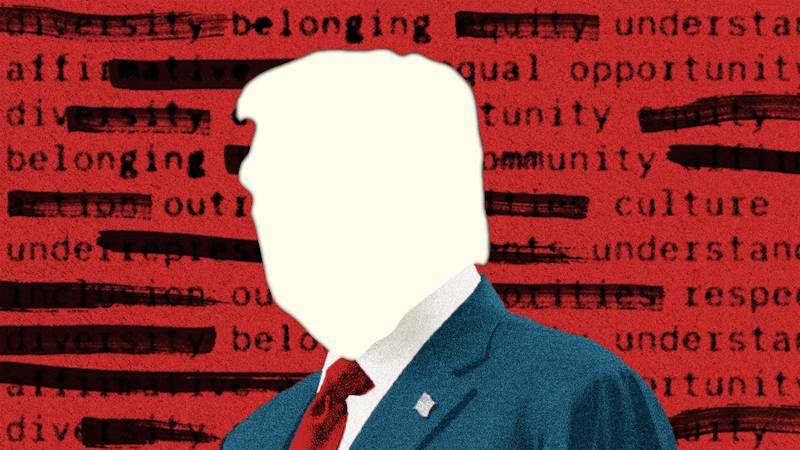You and I, whoever we may be — neighbors, classmates or strangers that pass on Locust — are more similar than we think. Yes, we may vary in our backgrounds, experiences, race, gender, sexuality, etc., but at the core we are all human with deep-rooted insecurities, fears, aspirations and visions. So I will say again, we are not alright, and we need to confront it.
Every day the word “alright” is thrown around. This occurs most often in two contexts: someone getting physically hurt and being checked in on, or someone who seems “out of it” being asked about their mood. More often than not, whether one is physically or emotionally hurting, the response will be an attempted variation of “Yeah, I’m alright,” regardless of one’s actual state.
We project being put together and in control even if we know that we are not. The ambiguity and hollowness of the word “alright” becomes our crutch — a cop-out as we deflect and ignore deeper issues. “Alright” is the curtain that we pull in front of our brokenness, claiming that we are okay while dismissing our internal cries for help.
Many students at Penn feel as though they do not have the time to address their emotional turmoil. Papers, exams, projects on top of extracurricular activities, family dynamics and love lives constantly plague our psyche. Unfortunately, feeling sad, angry or hurt is not something we can schedule in our calendars or cross off our to-do lists. However, if we do not address our mental and emotional states, these sentiments will inhibit all that we are attempting to accomplish. One cannot be successful if one is distracted — and let’s be real — Penn students are all about their success, current and future.
Even if a student is tempted to speak openly about their internal struggles, there is a stigma against suffering externally. Among Penn students, if someone admits that they go to Counseling and Psychological Services, there is a shift in the way their peers view them. That is where we take a wrong turn.
It is imperative that we are cognizant of others’ fragility lest we witness the consequence associated with the eruption of their internalized struggle. We must understand that people do not wake up one day and suddenly decide that coping is no longer enough, that they do not want to live anymore. It is the result of a culmination of weighted thoughts and feelings at the forefront of an extensive backdrop of pain.
As a society we marginalize people that struggle with mental and emotional health. In doing so, we add to the pain that they are enduring and simultaneously engender the false notion that unless what they are dealing with is extreme, they are “okay.” We underestimate the power of smaller mental and emotional challenges, and in doing so, invalidate people’s feelings. This promotes the idea that we must suffer individually and internally.
Trauma is not a requirement for acknowledging the shifts in your mental and emotional states; everyone has different experiences and triggers. Your feelings are valid. It is a given that we will not always be at our best, but dismissing our lows is detrimental. Seriously, sit down and check in with yourself. “Am I okay?” Answer honestly. “And now what am I going to do to address it?”
GIAVANNI ALVES is a College sophomore from Staten Island, N.Y. Her email address is alvesg@sas.upenn.edu. “Ja Feel” appears every other Wednesday.
The Daily Pennsylvanian is an independent, student-run newspaper. Please consider making a donation to support the coverage that shapes the University. Your generosity ensures a future of strong journalism at Penn.
DonatePlease note All comments are eligible for publication in The Daily Pennsylvanian.








